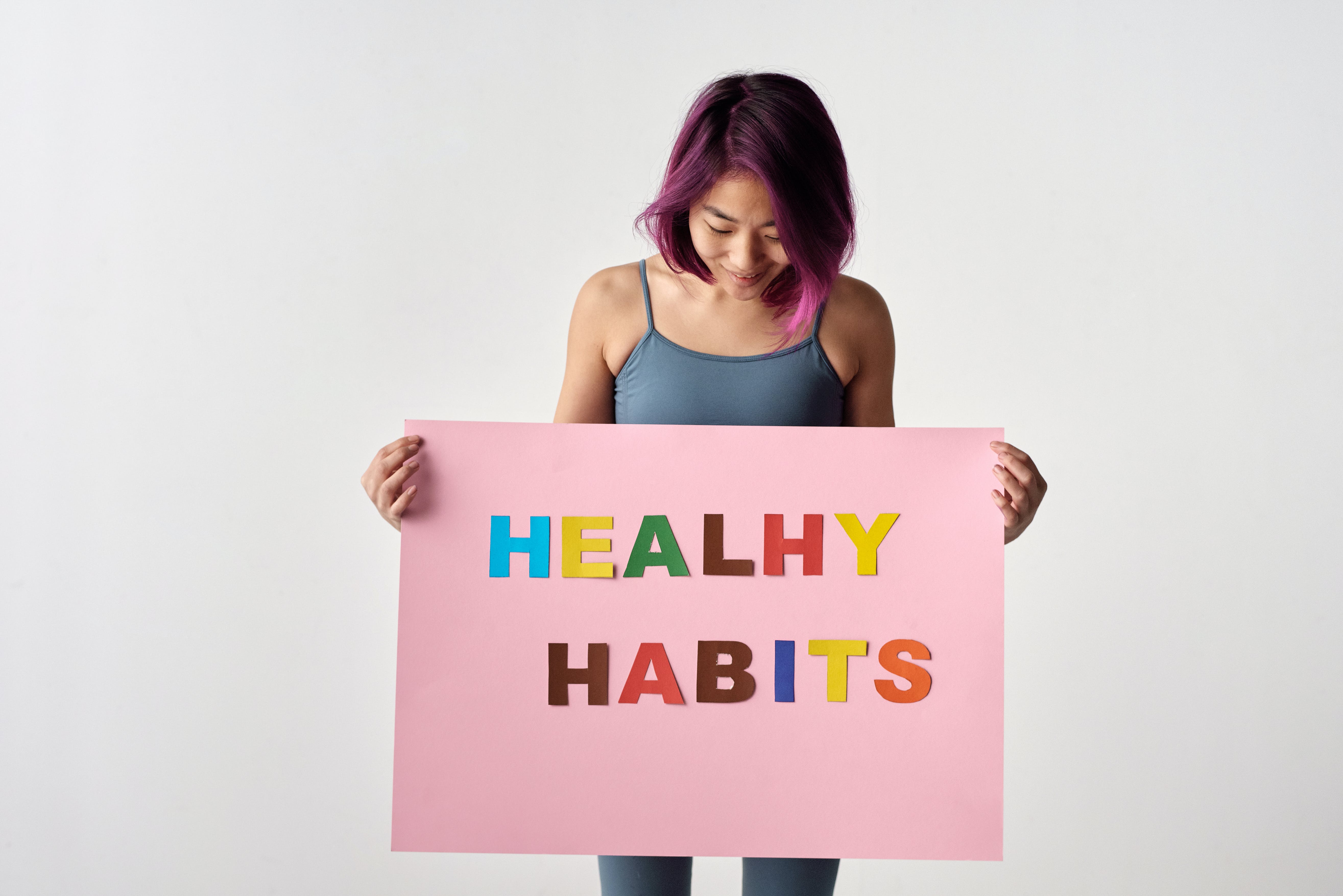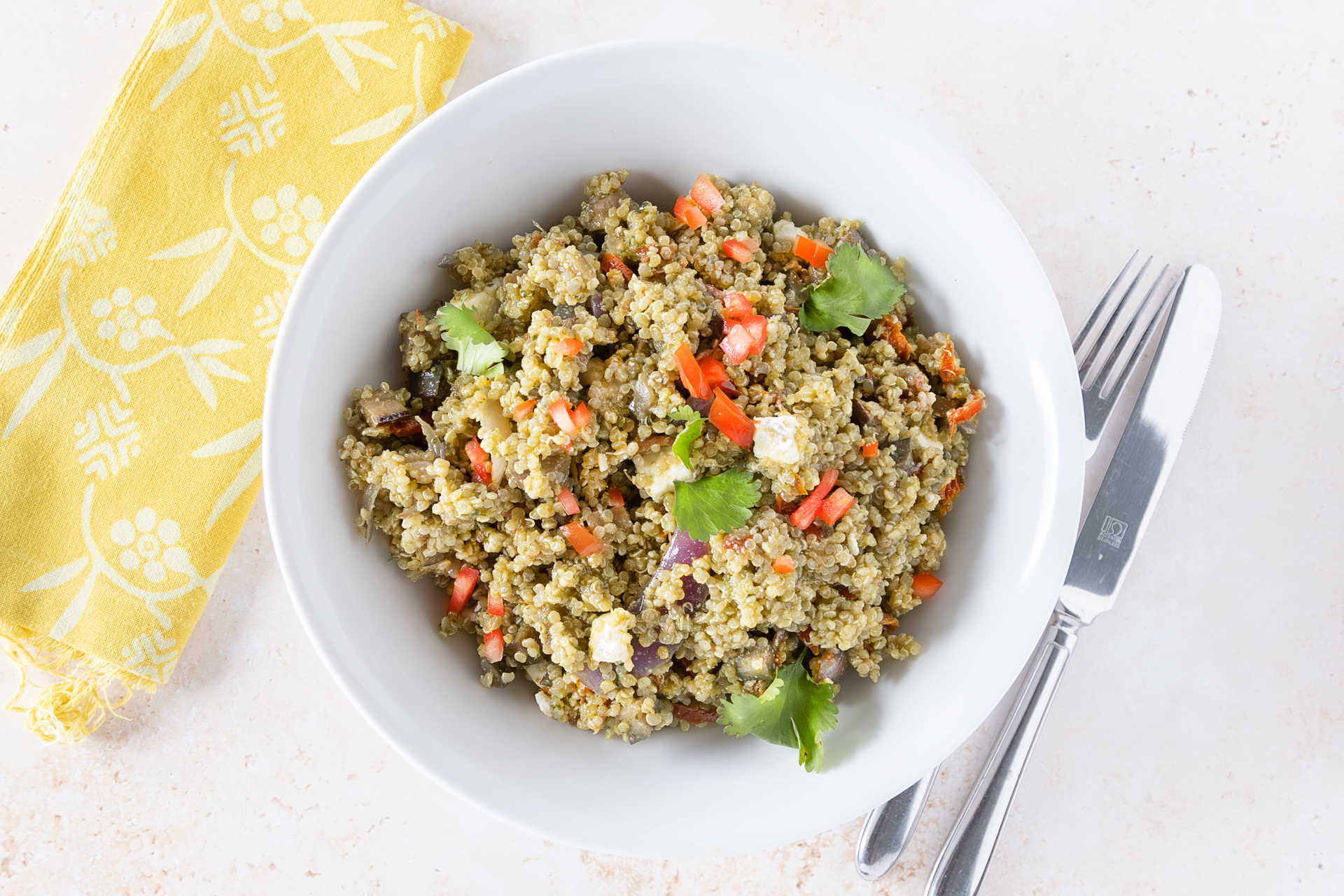How to build healthy habits that last

In this blog you'll discover all the secrets of habits, how to anchor them in our lives, how they work and how long it takes to create a new one. Let's dive into the fascinating world of creating healthy habits!
The power of habit building
Did you know that on average 45% of our daily activities are habitual? According to a study in the Journal of Personality and Social Psychology, our day is massively influenced by the things we do and repeat without even thinking about them.
Every day, we are the product of our habits. They shape our routines, influence our actions and largely define who we are. Or, like Aristotle said: "We are what we repeatedly do. Excellence is therefore not an act but a habit".
What is a habit?
Let's start with the definition. According to the dictionary, a habit is: a settled tendency or usual manner of behavior, but it can also be defined as an acquired mode of behaviour that has become nearly or completely involuntary.
So, habits are behaviours that, by dint of repetition, are performed mechanically without needing to think about them. It can be much more than a simple routine; it's an almost automatic response to a certain trigger. It could be the way we start our day, the way we react to stress, or even the way we relax after work. These behaviours, embedded in our subconscious, are the foundations of our actions, often determining our success, well-being and happiness.
How do habits work?
In the book Le Pouvoir des habitudes, Charles Duhigg identifies 3 unique phases of habit forming:
1. The trigger: This is a signal that tells our brain to start doing something. The signal can be a place, a time of day, an emotional state, a person or a behaviour. For example, many people have a habit of having a cup of coffee when they wake up, so the trigger is waking up.
2. Routine: This is the action that is triggered by the signal. In our example it's drinking a coffee.
3. The reward: The reward is what encourages the brain to repeat the loop; it creates the link between the trigger and the routine. For example, the taste of coffee or caffeine boost that you get after drinking it.
This 3-step loop is repeated for every habit we have!
How can we create new healthy habits?
Now that you know how a habit works, the question is how to create new ones. Here are 3 simple steps to follow:
1. Choose a specific habit: Clearly identify the habit you want to adopt. Be specific. For example, instead of saying "I want to exercise more", specify "I'm going to walk 20 minutes every morning". Start small, with habits that are easy to put in place, and build up over time.2. Set a clear trigger: Associate this new habit with an obvious trigger, such as a specific time of day, a previous action or a specific place. For example, "I'll walk 20 minutes after breakfast".
3. Repeat and reinforce: Practise this habit every day at the same time or when the trigger occurs. Repetition is essential to anchor this habit. The rewards can be as diverse as feeling fitter or seeing physical results on your body. Congratulate yourself on every achievement and stay persistent even if you miss a day.
By following these three steps, you can gradually create a new habit and integrate it naturally into your daily routine.
How can we break a bad habit?
Unfortunately, not all our habits are healthy, but the good news is that although habits are difficult to change, because they are so ingrained in our daily lives, it is possible!
Here are 5 steps you can follow to get rid of a bad habit:
1. Define your objective: First you need to identify the reason why you want to stop your bad habit. This reason must be important enough to motivate you. For example, if you want to stop smoking, think about the money you'll save or the sporting ability you'll regain.
2. Understand what triggers the bad habit: Identifying the triggers of the bad habit is an essential step in overcoming it. These triggers can be emotions, specific situations or even people or places. By understanding what triggers the unwanted habit, you can anticipate these moments and prepare strategies to deal with them more constructively.
3. Replace the bad habit: Instead of simply eliminating a habit, replace it with a positive alternative. For example, if you have a habit of snacking on sweets while watching television, replace these snacks with fruit or vegetables. This proactive substitution helps to redirect your behaviour towards something healthy and fill the void left by the negative habit.
4. Practice and repeat: Persistence is the key to success when it comes to breaking a habit. Consciously practise the new habit each time the trigger arises. This strengthens the neural connections associated with this new action and weakens those of the negative habit.
5. Have a back-up plan: Finally, plan alternative strategies for moments of weakness. It's inevitable that we'll face situations where the temptation to fall back into the bad habit is strong. Having a back-up plan, such as alternative activities, relaxation techniques or the support of close friends, can help you get through these critical moments without giving in to the old habit.
How long does it take to change our habits?
The time it takes to create a new habit varies according to the individual and the type of habit to be formed. A popular study often mentions the figure of 21 days, but this period is not necessarily an absolute rule.
More recent research suggests that the time taken to form a new habit may be more variable and dependent on a number of factors. A study published in the European Journal of Social Psychology found that the time taken to form a new habit can vary considerably from person to person, ranging from an average of 18 to 254 days, depending on the complexity of the habit and the individual.
For example, a simple habit such as drinking a glass of water every morning can be formed relatively quickly, perhaps within a few weeks. On the other hand, more complex habits, such as exercising every day or stopping smoking, can take much longer, sometimes several months or even more than a year.
About Powermeals
At Powermeals, we can help you create your own healthy eating habits. We deliver healthy, ready-to-eat meals direct to your door, so all you need to do is heat up and enjoy! Take a look at our menu.


